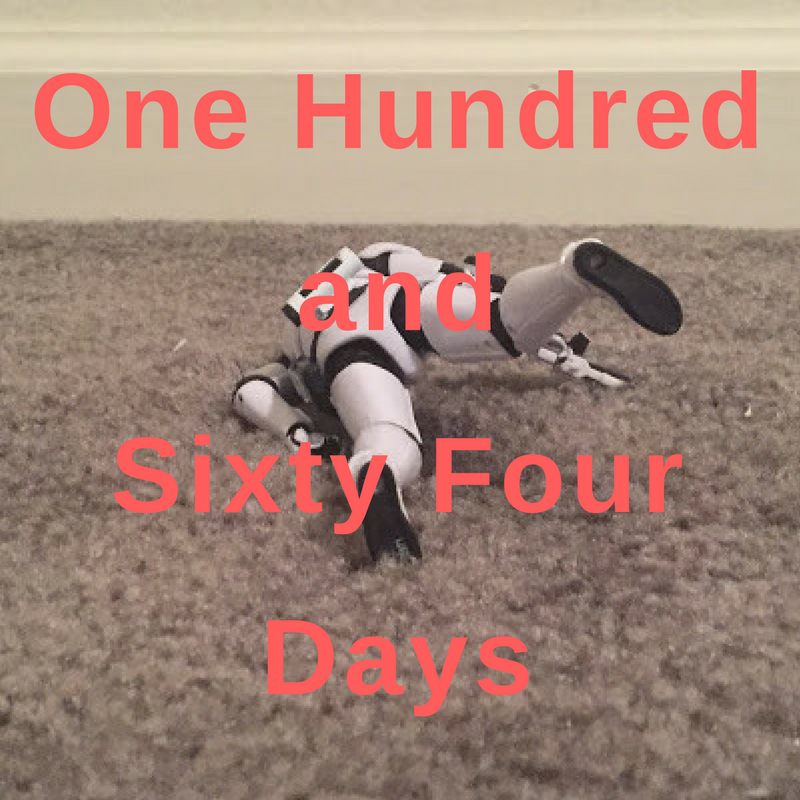Eye assassin down the avenue
(This is actually from the show I saw last summer,
and pretty good quality to boot.)
I'm a music critic; even when I'm not actively writing about music (like now, for instance - I've been a bit burnt out on music writing for a while) I listen to music like a critic. If I had to define what that means I guess I would say that I am an above-average educated listener, with an eye towards historical development, influence and stylistic novelty. I think about music in narratives. I think about music in terms of cultural theory and criticism. It's not an affectation: I've been listening to music and reading about music obsessively since I was in high school, and writing about it for long enough that I've basically trained myself to outline music reviews in my head for every new piece of pop music I hear. That's one of the reasons I eventually got burnt out: when listening to music becomes a chore, when you have trouble separating passive enjoyment from active critical dissection, you have to change your habits or give up one of the most important things in your life. I don't know how folks like Christgau can do it. I've gone through periods in the past couple years when I just didn't feel like listening to any music of any kind for days at a time - it wasn't relaxing anymore, it felt like work.
With that in mind, I realize my list of albums is a music critic's list. I listen to the type of music music critics do, and my criteria is that of a music critic. I share the snobberies and affectations of music critics. In the comments for yesterday's post, Jolly Jinkins said, in effect, these kinds of lists were useless because the listening public had grown so divided and disparate that there was no common cultural ground. Sadly - or not so sadly? - this is absolutely true. Because media is diffused, media intake is splintered. There just aren't very many universal experiences in culture anymore. We're not even talking about the longstanding divisions of "low" and "high" cultures - we're talking about divisions between subdivisions of microtrends.
Who was the biggest artist of the decade? Kanye West? Eminem? The Strokes? Well, obviously not the Strokes. But the fact that the Strokes were hailed so widely by critics and ignored so soundly by the vast majority of music consumers says something about this division. I'm not here to beat up on the Strokes - they were pretty good, and even if their first album was nowhere near as good as some critics thought, their third album was far better than anyone had any reasonable right to expect. But they started the decade as the "next big thing", back when the music industry was still girding itself for seasonal recalibration along the lines of Nirvana or Michael Jackson. Didn't happened. Hasn't happened so far this decade. Probably will never happen again. The only "seasonal recalibration" we got was the invention of the internet and virtual communities as weapons to demolish the established practices of the music recording and publicity industries.
Looking back to the previous decade, things were radically different. At the end of the 90s SPIN Magazine released a list of the "90 Best Albums of the 90s". It suffered from the same problems all of these lists suffer from, but was nevertheless pretty well constructed. It reflected conventional wisdom pretty accurately, and as such did exactly what these kinds of lists are supposed to do: present a snapshot of contemporary opinion and critical consensus, with an eye towards posterity. We can certainly quibble: I think most people would scratch their heads nowadays over the inclusion of Hole - sorry, Courtney Love fans; I'd probably switch around PJ Harvey and Pavement; maybe slide Bjork (whose influence seems, in retrospect, circumscribed) down the list and bring up OK Computer, an album whose influence and appeal continues to grow. Regardless: it's not a bad list, and most of the choices carry an obvious logic that is still readily comprehensible. Nirvana was the most important group of the decade; Public Enemy were by far the most important and influential rap act of the era even if their politicized hip-hop soon mutated into something far more coarse; Pavement essentially created contemporary indie rock, etc etc.
What is SPIN's 00s list going to look like? Will Kanye's College Dropout be #1? In Rainbows? Is This It? The Marshal Mathers LP? Arcade Fire? Coldplay? Wilco? Depending on which way the wind is blowing you can imagine any of these getting the nod, or none of them - maybe it's your decade, Daughtry. Honestly, I don't have any idea what people's idea of the aughts (or, if you prefer, the zeros) are going to look like. It's frustrating for me, not because I necessarily care about the creation of any kind of historical canon - I don't - but because, more importantly, the disparate musical climate is making any kind of historical project fraught. Lists like these aren't canon: canon is necessarily exclusionary, history is merely narrative. Where's the narrative now?
I could blame the musical fashionistas who gutted rock by turning it into a revolving door of gradually-more-pallid instant-supernova critical phenoms that all disappeared in as much time as it took for the blogs to manufacture a new cause célèbre. (Ahem: the Strokes, Tapes'n'Tapes, Clap Your Hands Say Yeah, Interpol, Arctic Monkeys, Vampire Weekend, Of Montreal, etc.) I could but I won't - the fact is, there is so much music nowadays, and everything is going so fast, that you almost get the feeling that this is how it has to be. It's as Darwinian as it ever was: good music will out at least some of the time, hard work will be rewarded at least some of the time, the strongest will always survive. But the definition of "strongest" is changing on a daily basis. All those groups I listed up above? They could all easily roar back into the spotlight with a killer album that forced everyone to pay attention again. Is it likely that they all will? Or that any of them will ever record anything worth listening to ever again? I dunno. Used to be we had record labels to act as gatekeepers and tastemakers for us, people hired to make the hard decisions for us poor peons. I can't say that was in any way a better system, because it obviously wasn't, but this brave new world can be pretty vertiginous. What is the purpose of criticism if there's no story to get behind? Where's the narrative?
The same place it ever was: in the critic's head and on the printed page (or glowing screen). Nowhere else.
Which is why Yankee Hotel Foxtrot is my favorite album of the decade. This album tells a story, and for better or for worse, it's a story I associate with our decade - melancholy, frustration and desperation - leavened by buoyant hope and occasional wild romanticism. Everything's falling apart, but right before all hope is completely lost, something arrests your attention - maybe not the perfect salvation, but some kind of salvation, even if only illusory.
In my mind, for what it's worth, I've always twinned Yankee Hotel Foxtrot with OK Computer. Maybe it's lazy - the result of too many bad music mag headlines calling Wilco the "American Radiohead" - but in terms of scope, density and ambition the two albums are really each others' only peers in the modern era. I think I've actually grown to like Yankee Hotel Foxtrot a little bit more than OK Computer. The latter album, for all it's undeniable mastery, begins to seem more settled into its historical niche the further we recede from its historical moment. For those of us who've listened to it and lived it and inhabited it these last twelve years, it holds few surprises - I hesitate, for obvious reasons, to say no surprises.
The 90s was a strange time: we all thought the future would be like the big-screen version of OK Computer, filled with technological alienation and multi-national cosmopolitanism, urban anomie and dislocation. Let us not forget that in 1997, OK Computer was nominated for the Mercury Music Prize alongside the Chemical Brothers' Dig Your Own Hole, the Prodigy's Fat of the Land and (the eventual winner) Roni Size and Reprazent's New Forms. The future was on peoples' minds. We were all interested in the future, for that was where you and I were going to spend the rest of our lives.
But then a funny thing happened on the way to the millennium: we took a left turn on the way to Al Gore's promised techno-utopia and ended up in Texas. Everyone across the planet went to Texas. And the funny thing about Texas is that despite the detour, all of the things Radiohead were singing about basically came true. Just not quite the way anyone was intending. Evil corporate robot voices intoning "Fitter, Happier" just don't seem that frightening anymore. Remember the riots that accompanied the G8 meetings in Seattle in '99? I'm not trying to say that resisting globalization wasn't a good idea - given the current state of the global economy, more people should probably have paid attention at the time - but in hindsight it can't help but seem slightly quaint. You want to hop into a time machine and tell them all, "you think things are bad now? Just wait a couple years until you're afraid to leave your house because of anthrax in the post office box . . ."
It's all well and good to be afraid of sci-fi car crashes in the next world war. But in the here and now, while we're actually living in a world at war, I feel more like Jeff Tweedy than Thom Yorke. Thom's talking to robots; Jeff's left alone muttering to himself because he's too afraid even to leave the house.
Someone ties a bowMore to come.
in my backyard to show me love
My voice is climbing walls
smoking and I want love
My jaw's been broken
My heart is wrapped in ice
My fangs have been pulled
and I really want to see you tonight
And it makes no difference to me
how they cried all over overseas
It's hot in the poor places tonight
I'm not going outside





No comments :
Post a Comment